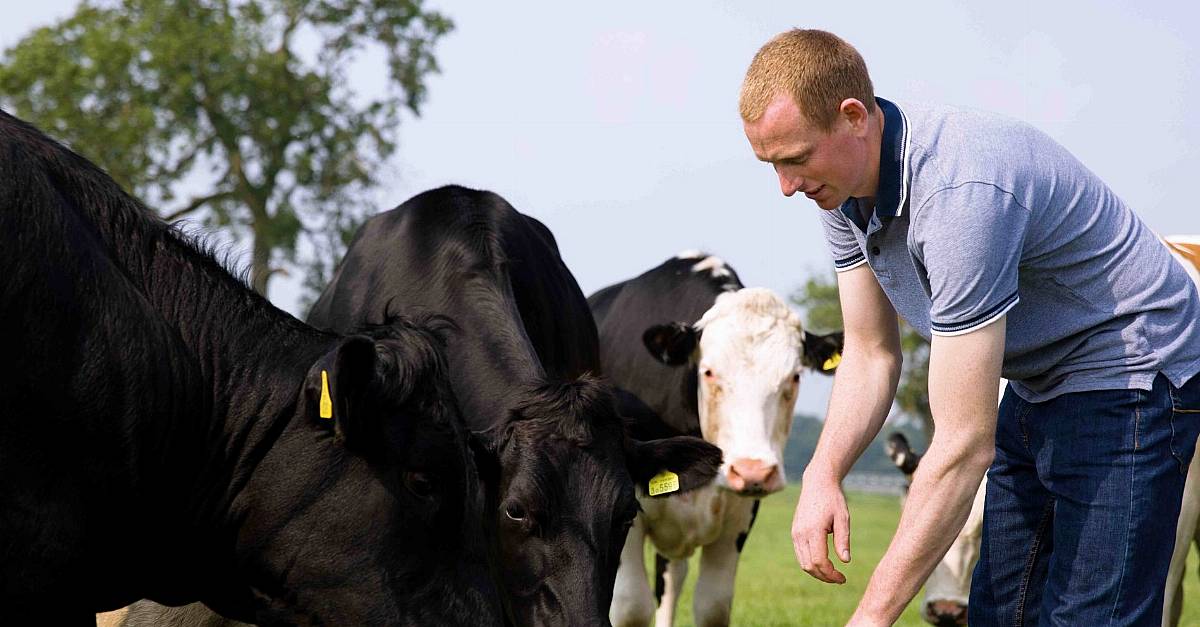


Lidl GB’s five-year investment into British food and farming is to reach £21 billion (€25 billion) by the end of FY2024, surpassing its planned spend of £15 billion (€17.9 billion) by 40%.
This equates to an additional £6 billion (€7 billion) and underscores the retailer’s ongoing support for British agriculture and food production, the supermarket chain has announced.
The discounter will host its inaugural ‘Grassroots Farming’ conference in February next year with the aim of bolstering relationships with British farmers.
Richard Bourns, Chief Commercial Officer at Lidl GB, said, “As we celebrate 30 years of Lidl in Great Britain, we’re helping to ensure our suppliers can thrive in the future, providing the British-sourced products our customers love all year round.”
In the last financial year alone, it invested around £5 billion (€5.99 billion).
The investments cover a range of sectors, and currently two thirds of the discounter’s products within its permanent range are from British suppliers, with 100% of its fresh everyday milk, butter, eggs, cream, pork, chicken, and beef being British.
“One of the things we’re most proud of are the strong relationships we’ve built with British suppliers, who have grown with us over the years,” added Bourns.
“Now more than ever, we remain committed to supporting British farmers, ensuring we’re a dependable partner to those who put quality, home-grown food on Lidl shelves across the country.
“By continuing to invest in British agriculture, we’re helping to ensure our suppliers can thrive in the future, providing the British-sourced products our customers love all year round.”
Lidl’s commitment to British produce is enhanced by its model, which offers an extensive own-brand range – approximately 90% of its product offering, compared to 56% across the sector – meaning it has direct relationships with more than 650 suppliers from across the country.
Throughout 2024, the discounter announced a series of sector-specific investments into the British food industry, including, an investment of £1 billion (€1.19 billion) into the British free-range egg industry.